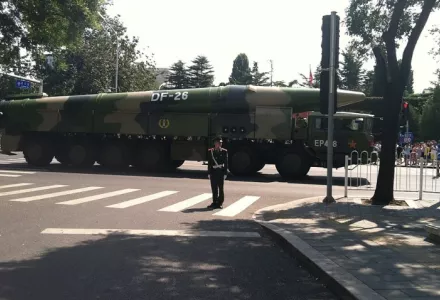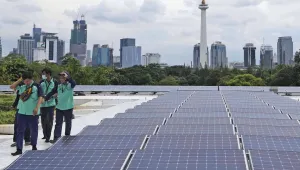Sino-U.S. Inadvertent Nuclear Escalation
Speaker: WU Riqiang, Research Fellow, International Security Program/Project on Managing the Atom
It is generally believed that in peacetime current Sino-U.S. nuclear relations are stable and deliberate nuclear exchanges between these two countries are unimaginable. However, conventional conflict might escalate to nuclear level, even if both sides wish to avoid it at the beginning of the war. This seminar will provide a causal mechanism of Sino-U.S. inadvertent escalation. Three driving factors are identified: the vulnerability of Chinese nuclear forces, the not-by-design co-mingling of China's conventional and nuclear weapons, and the fog of war. The security dilemma will worsen the situation and increase the escalatory risk. The mechanism is then tested via two hypothetical scenarios: a missile campaign and submarine warfare. In order to reduce the risk of inadvertent escalation, the United States should build confidence with China by declaring mutual vulnerability vis-à-vis China and constraining its strategic capabilities. China could also demarcate its nuclear and conventional missiles and clarify its no-first-use policy that conventional attacks on nuclear weapons would be regarded as nuclear attacks.
Please join us! Coffee and tea provided. Everyone is welcome, but admittance will be on a first come–first served basis.



